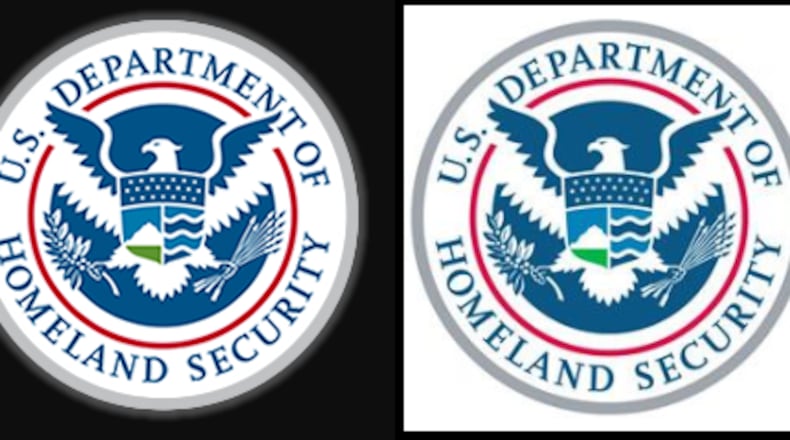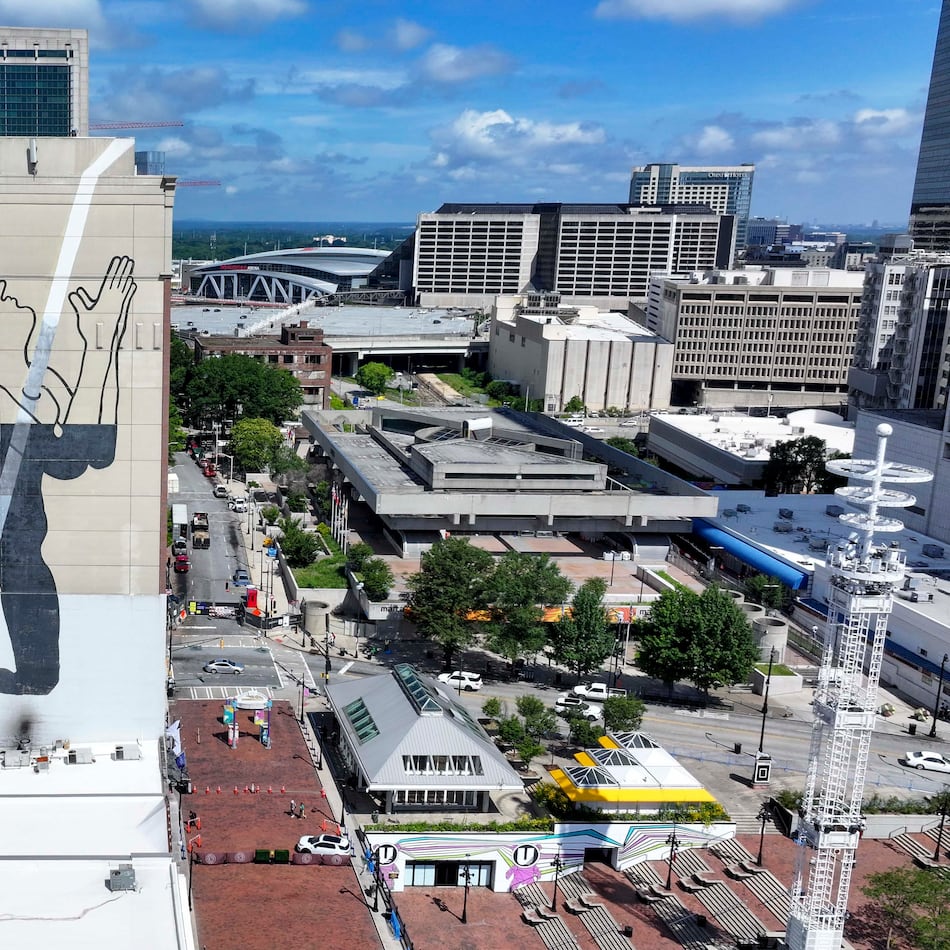In a dramatic expansion of a process known as 'expedited removal' of illegal immigrants in the United States, the Trump Administration will start applying that everywhere in the United States - to anyone who has been in the U.S. illegally for less than two years - as critics quickly said they would challenge the change in federal court.
"The effect of that change will be to enhance national security and public safety," the Department of Homeland Security states in a new rule set to go into effect on Tuesday, which the notice says will allow "DHS to address more effectively and efficiently the large volume of aliens who are present in the United States unlawfully."
Up until this change, expedited removal was only used for illegal immigrants who were detained within 100 miles of the border - now it can be enforced anywhere in the U.S.
Under the Immigration and Nationality Act, the Trump Administration argues the Acting Homeland Security Secretary has the 'sole and unreviewable discretion' to change 'the scope of the expedited removal designation,' shifting it from the 100 mile policy to one that applies nationwide.
Critics denounced the immigration policy change, with some vowing to challenge the move in court.
"One of the major problems with expedited removal is that the immigration officer making the decision virtually has unchecked authority," said the American Immigration Council, as the process does not involve an immigration judge or any type of court hearing.
"We will sue to end this policy quickly," said Omar Jadwat of the American Civil Liberties Union, who charged that deportations could occur with "less due process than people get in traffic court."
"This is a massive and dangerous change," said Aaron Reichlin-Melnick of the American Immigration Council, which is joining in the ACLU legal challenge to the new policy.
The announcement marked the second straight week that the Trump Administration had rolled out a new immigration policy - last Monday, the feds announced a new plan to restrict asylum claims by migrants from Central America.
Those plans are also facing a legal challenge from the ACLU and other groups.
About the Author
The Latest
Featured



